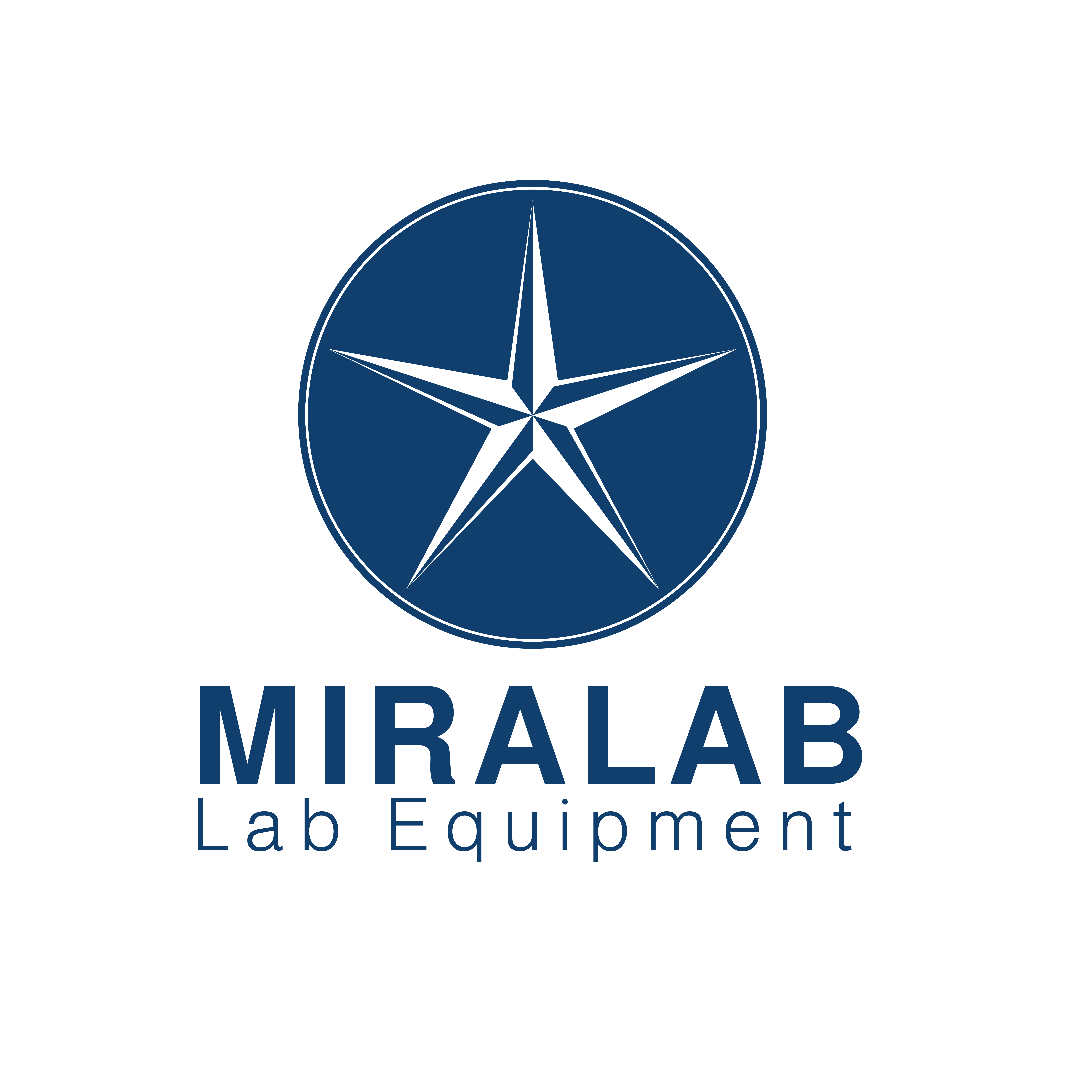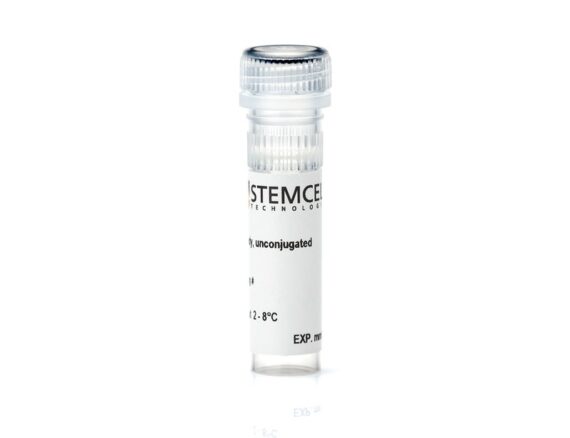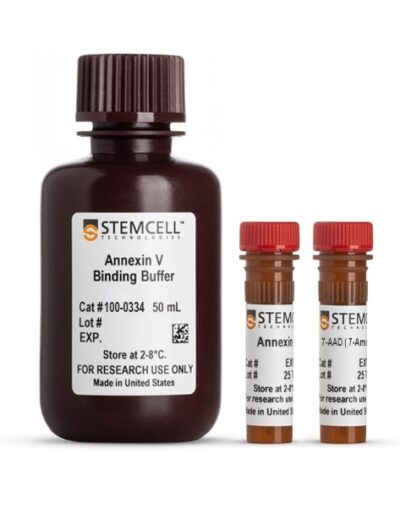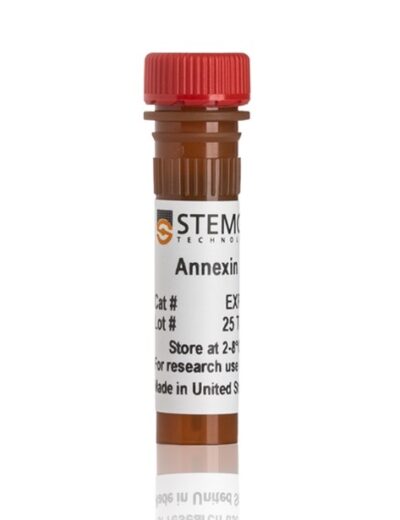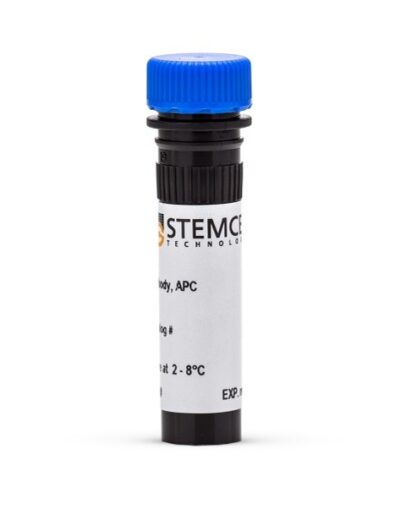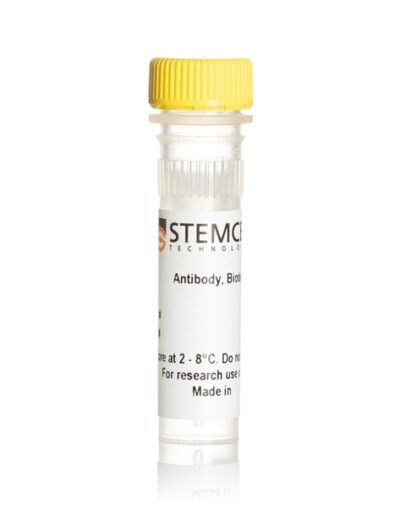Anti-Human CD36 Antibody, Clone FA6-152 Mouse monoclonal IgG1 antibody against human, rat CD36

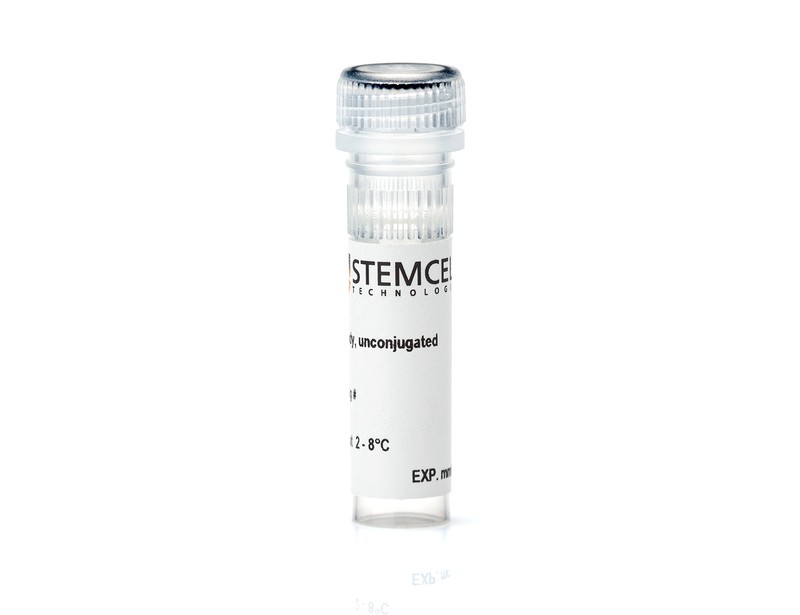
Overview
The FA6-152 antibody reacts with CD36, an ~88 kDa transmembrane glycoprotein that functions as a scavenger receptor, cell adhesion molecule, and signal transducer on the surface of many types of cells including platelets, monocytes, macrophages, erythrocyte precursors, endothelial and epithelial cells, and some macrophage-derived dendritic cells. The topology of the protein is thought to comprise a large extracellular loop with the N- and C-termini both inserted through the cell membrane. CD36 binds multiple ligands such as thrombospondin, collagen, lipoproteins, and long-chain fatty acids, and has evident roles in the phagocytotic clearance of apoptotic cells, inhibition of angiogenesis, metabolism of glucose and fatty acids, inflammation, and the pathogenesis of malaria. Binding of the FA6-152 antibody to CD36 reportedly blocks its interaction with thrombospondin, collagen, apoptotic cells, and modified LDL, and induces agglutination of fetal but not adult erythrocytes. The epitope for FA6-152 reportedly resides within an immunodominant domain of CD36 comprising amino acids 155 – 183.
Subtype: Primary Antibodies
Target Antigen: CD36
Alternative Names: GP88, GPIIIb, GPIV, FAT, platelet glycoprotein 4, platelet glycoprotein IIIb, platelet glycoprotein IV, SCARB3, thrombospondin receptor
Reactive Species: Human; Rat
Conjugation: Unconjugated; FITC
Host Species: Mouse
Cell Type: Monocytes; Other
Application: Cell Isolation; Flow Cytometry; Immunocytochemistry; Immunofluorescence; Immunohistochemistry; Immunoprecipitation; Western Blotting; Neutralization and Blocking; Functional Assay
Area of Interest: Immunology
Clone: FA6-152
Gene ID: 948
Isotype: IgG1, kappa
